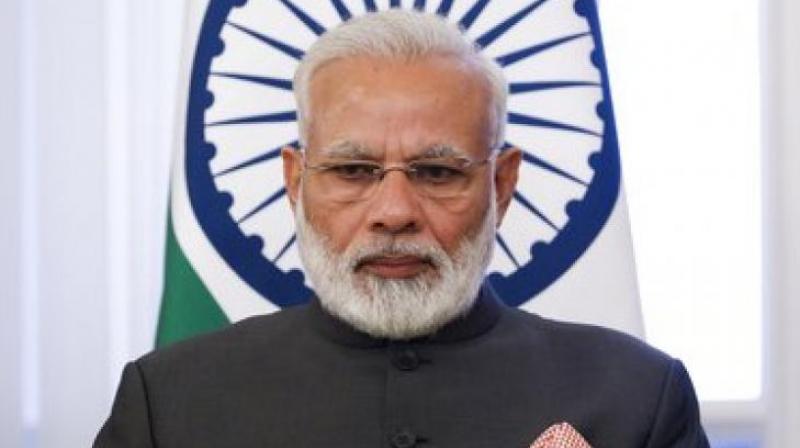Centre continues to flout states' rights

Every party in India that comes to power at the Centre packs the offices of states’ governors with party men, or retired civil servants, heads of armed and police forces. The Narendra Modi government went one better. It appointed party hacks as governors in states ruled by Opposition parties, who behave as if instructed to pick fights with their respective chief ministers. The latest case concerns West Bengal’s governor, Keshari Nath Tripathi, who as Speaker of Uttar Pradesh’s Assembly, and close ally of the BJP and the RSS, has acquired a reputation for partisanship. On July 4, WB’s chief minister, Mamata Banerjee, accused him of “threatening” her on the phone when he called to enquire about unrest in a district. The very process of the Centre appointing governors warps the country’s federal structure. India’s governors enjoy no such safeguard. They can be transferred from one state to another or sacked without cause. Initially, the draft Constitution envisaged a governor elected by the state. In 1948, it was amended to suggest two alternatives; appointment by the President from a panel of four candidates elected by the legislature, or direct election by the people of the province. The Constituent Assembly opted for presidential appointment, with the proviso that the governor should act on the advice of the state Cabinet.
The impartiality and independence of the governor was strongly emphasised by the architects of the Constitution. All the leaders who intervened in the debate recognised that the chief minister’s consent is an essential prerequisite to the appointment of the governor by the President. Jawaharlal Nehru said: “He must be acceptable to the government of the province.” Every safeguard was removed in actual practice. Chief ministers were not always consulted. Governors behave, not as constitutional heads of state in a parliamentary system bound by the advice of the chief minister, but as agents of the Centre. The Supreme Court’s rulings are in stark contrast to the reality. In 1979, the court ruled, “It is no doubt true that the governor is appointed by the President which means in effect and substance the government of India, but that is only a mode of appointment and it does not make the governor an employee or servant of the government of India. Every person appointed by the President is not necessarily an employee of the government of India. So also it is not material that the governor holds office during the pleasure of the President. It is constitutional provision for determination of the term of office of the governor and it does not make the government of India an employer of the governor.”
His office is “not subordinate or subservient to the” government of India. He is not amenable to the directions of the government of India, nor is he “accountable to them for the manner in which he carries out his functions and duties. He is an independent constitutional office which is not subject to the control of the government of India. He is constitutionally the head of the state in whom is vested the executive power of the state and without whose assent there can be no legislation in exercise of the legislative power of the state”. Even in 1979 this ruling seemed unreal. In the nearly four decades that have elapsed since it has acquired irrelevance. In 1983, Indira Gandhi’s government appointed a commission on Centre-state relations headed by Supreme Court justice R.S. Sarkaria. On security of tenure, the report made feeble suggestions on safeguards against arbitrary dismissal.
The governor “should be informally apprised of the grounds of the proposed action and afforded a reasonable opportunity of showing cause against it”. His reply should be examined by an advisory group consisting of the vice-president and the Speaker of the Lok Sabha or a retired chief justice. “After receiving the recommendation of this group, the President may pass such orders in the case as he may deem fit.” The report recommended that as a matter of convention the governor should not be eligible for any appointment under the Union or state governments on retirement from his office — except as governor, vice-president or President — and he should not return to “active partisan politics”. It also said: “It is desirable that a politician from the ruling party at the Union is not appointed as governor of a state which is being run by some other party or a combination” of parties. A fortnight after the publication of the report, governors were appointed in five states in direct violation of the commission’s recommendation. The practice continues today, making a mockery of federalism and democracy. The recent cases of governors’ misbehaviour will not be the last.
By arrangement with Dawn

